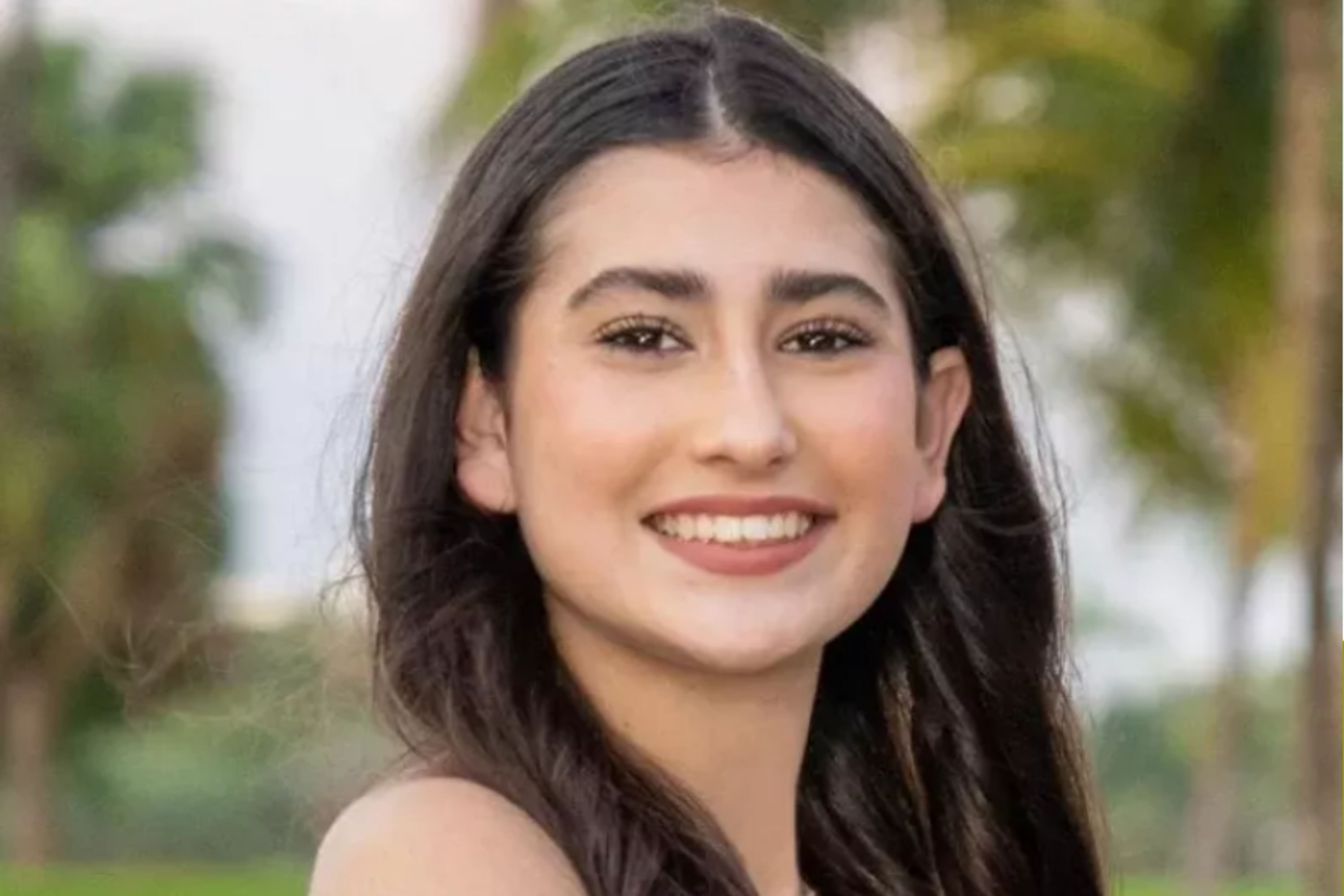A group of anti-vaccine activists outraged by a New Jersey bill that would remove religious and "personal belief" exemptions for vaccines required to attend school refused to leave a transit meeting Thursday after being told they were protesting at the wrong hearing.
The anti-vaxxers were seemingly confused about the location of the health committee hearing on S2175, legislation designed to stem the spread of disease by disallowing any exemptions not based on genuine medical concerns. The activists arrived instead at a transit hearing and refused to leave after officials told them they were in the wrong place, according to journalist Daniel Munoz, who posted videos of the incident to Twitter.
The videos show a large number of people seated in the meeting hall, apparently unaware or unwilling to acknowledge that they are in the wrong place.
"Legislative staff, state police and security pointing this out, but they insist on staying," tweeted Munoz.
Legislative staff, state police and security pointing this out, but they insist on staying pic.twitter.com/POTcRKUrD2
— Daniel Munoz (@DanielMunoz100) December 12, 2019
The bill was introduced over concerns about the spread of preventable disease at schools. If the legislation goes into effect, it would make New Jersey the sixth state to ban the religious exemption. An overwhelmingly large majority of medical experts agree that vaccines are a safe and effective tool to prevent the spread of disease.
Some people cannot be safely vaccinated for legitimate medical reasons, including severely weakened immune systems or allergies that may be present in certain vaccine preparations. However, genuine medical exceptions are rare and experts stress that the vast majority of physical able people should get vaccinated. In New Jersey, there are 1,137 schoolchildren with medical exemptions, who would be unaffected by the new legislation.

Although vaccinations offer a direct benefit to the individuals who get them, they also provide protection for people who are medically unable to be vaccinated, if a large enough percentage of a population is vaccinated. This is known as "herd immunity," where the spread of disease can be controlled in a community if a high enough proportion of the population are immune to the disease.
Anti-vaccine activists often claim vaccines present hidden dangers, despite the opposing views of doctors and scientists. The knowledge of medical experts is typically dismissed by the activists, who sometimes explain a lack of credible evidence in support of their position by invoking conspiracy theories about the medical establishment.
Officials at the Centers for Disease Control and Prevention (CDC) say that there have been 1,276 confirmed U.S. cases of measles in 2019, the largest incidence of the preventable disease since 1992. A majority of the cases are among unvaccinated people and experts believe a rise in unfounded anti-vaccine sentiment is at least partly to blame for the increase.
Separate from the issue of the efficacy and safety of vaccines, proponents of religious and "personal belief" exemptions claim that their rights to religious freedom allows them to act on moral objections to vaccinating their children. Opponents of that view say that religious rights do not extend to the harming of others, which they claim the refusal of vaccination does by unnecessarily exposing others to preventable diseases.
#NJTransit Senate hearing about to start, many of these people still here are the anti-vaccine crowd pic.twitter.com/KkrJx3mPxI
— Daniel Munoz (@DanielMunoz100) December 12, 2019
A number of Thursday's confused anti-vaccine protestors were said to have stayed in the room as the transit hearing took place.
Uncommon Knowledge
Newsweek is committed to challenging conventional wisdom and finding connections in the search for common ground.
Newsweek is committed to challenging conventional wisdom and finding connections in the search for common ground.
About the writer
Aila Slisco is a Newsweek night reporter based in New York. Her focus is on reporting national politics, where she ... Read more





